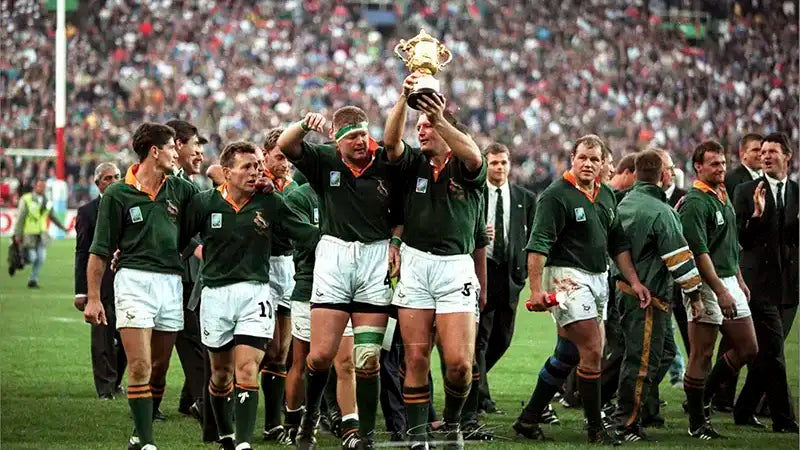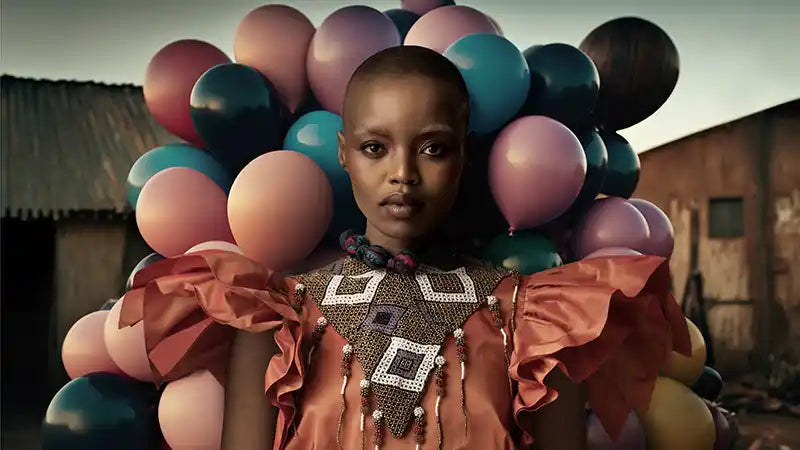Macro photography is one of the few photographic genres that have fascinated almost everyone that has picked up a camera. It’s incredibly fascinating to explore the tiny worlds that surround us and witness how they interweave, constructing the world as we know it.
Orms videographer, Matt du Toit, tried his hand at macro photography and provided us with a unique beginner's insight into the artform.
What sort of camera body should you use for macro photography?
Honestly, the camera body doesn’t significantly impact the process. Some specs and features make things a little easier, such as good autofocus, low-light performance, vibration reduction, etc. While a full-frame sensor and more megapixels will give you a higher quality final image, there’s no reason you can’t shoot macro on your current body.

What types of lenses can people interested in macro photography use?
The lens you use defines whether you’re shooting macro photography or not. It will make or break your experience. Without getting too technical, your lens needs to achieve at least a 1:1 reproduction, which means if you are taking a picture of something 1cm tall, it will cover 1cm of your camera’s sensor.
I’ve had a lot of fun with the Canon RF 100mm f/2.8 L Macro IS USM lens which had a 1:1.4 magnification, meaning the subject takes up more space on the sensor than in real life.
Are there any accessories that make macro photography a little easier?
Lighting is an absolute must! Because you’re getting quite close to your subject, you’ll most likely be blocking out a lot of natural light, so a small off-camera flash would be great. Even better is a ring or macro light that you fix straight onto your lens.
Another life-saver is a sturdy tripod. When you work with a macro lens, your focus window is so small that any little shift will lead to your subject not being in focus. I’d heard this a lot before my first time shooting macro and thought it was an exaggeration; it’s not. So even though you’ll be moving around a lot, setting and resetting your tripod, it’s well worth it to avoid the frustrations of slightly out-of-focus images.

What are some of the greatest difficulties beginners may face when starting in macro photography?
From a creative perspective, I think beginners will overshoot without putting too much thought into each frame. Because macro photography shows you things you’ve never really seen before, everything looks amazing, so it’s easy to snap away, forgetting about composition and the end image. By all means, shoot your heart out, but at some stage, it’s a good idea to take a step back and think about what you want to achieve with an image and approach it like any other photo.

On the more technical side, it’s difficult to dial in your settings when you start out. Things like your aperture significantly impact your image when shooting a subject from a short distance. So don’t try to rush your shots; take some time to experiment with your settings and see what works best for each frame. As with everything in life, it gets easier with practice.
Tips to get crisp macro images?
Good glass is always a great start. If your lens isn’t sharp, you’ll never be able to capture crisp, detailed images. I’d also suggest keeping an eye on your shutter speed. Try to keep it as high as possible to avoid any camera shake. And keep an eye out for any wind. Even the slightest breeze will blow your subject out of your focus area.

What is your opinion on macro filters?
It’s no secret that macro lenses are pricey, so it’s a good option for people considering macro photography but don’t want to spend too much before they’re sure. Having said that, you will never get the same quality from a macro filter as you would from a macro lens.
Macro filters will increase your lens’ magnification and decrease the minimum focus distance, but you’ll definitely lose image quality. So use them by all means, but don’t expect to get the same quality image that people get with a macro lens.




